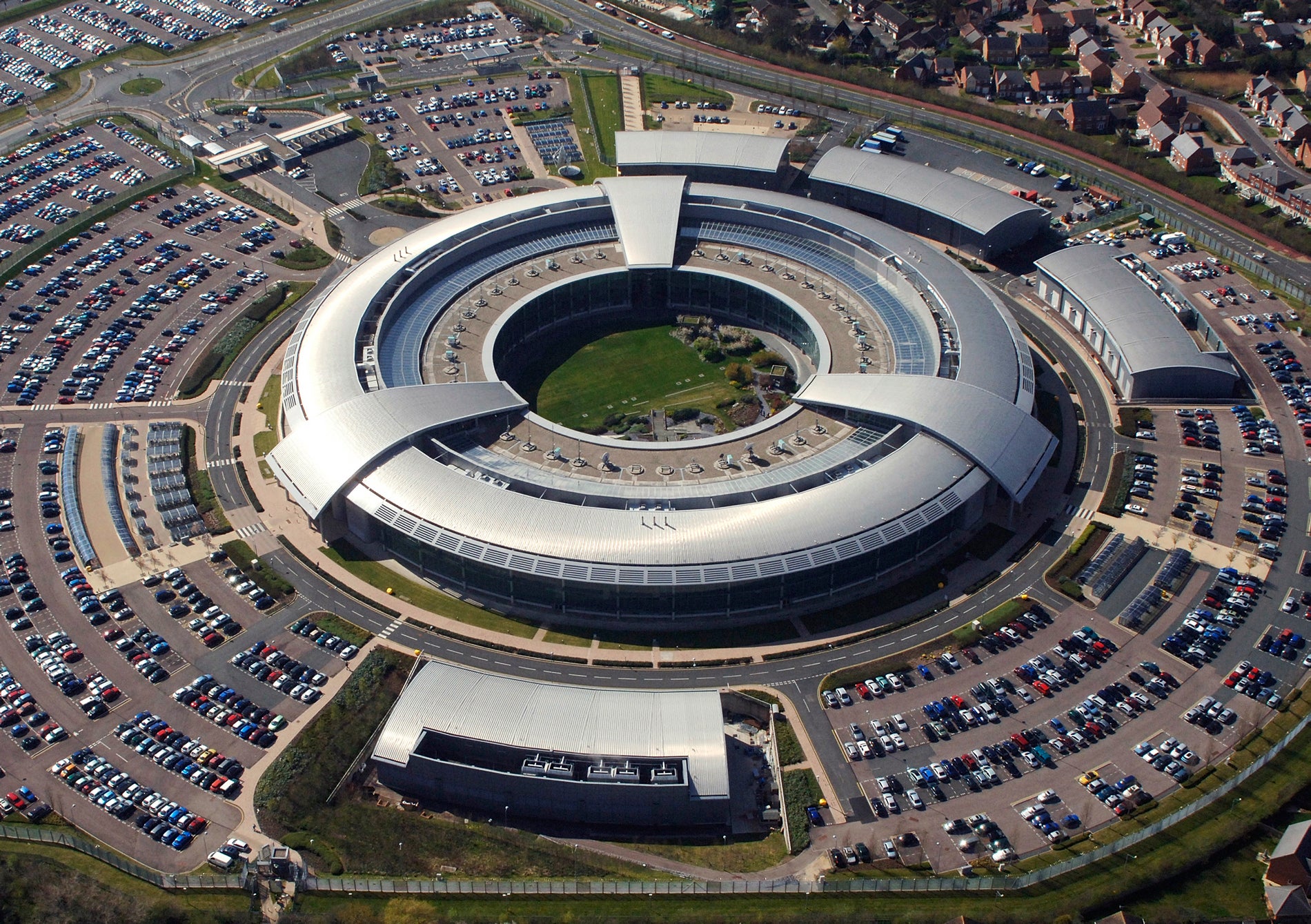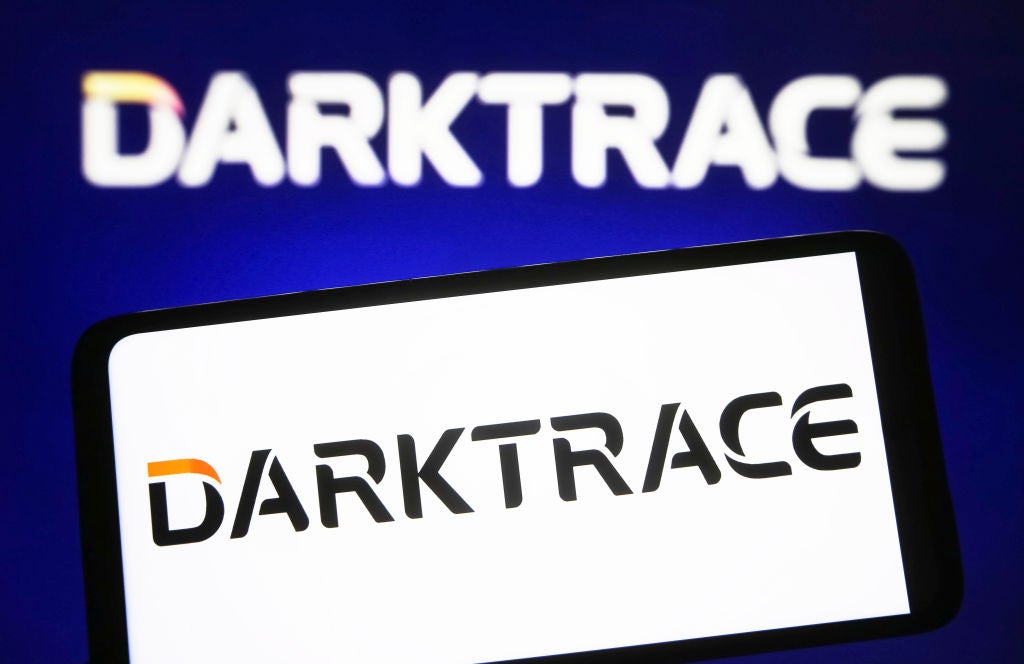
UK Prime Minister Boris Johnson today announced the formation of a new National Cyber Force, pulling together the capabilities of GCHQ and the Ministry of Defence.
Capable of undertaking offensive and defensive cyber operations, the Cyber Force will draw its personnel from GCHQ, the MOD, as well as Secret Intelligence Service – better known as MI6 – and the UK’s Defence Science Technology Laboratory (Dstl).
It comes amid a £16.5bn increase in the UK’s defence spending over the next four years.
The UK Government said that the Cyber Force would be able to interfere with terrorists mobile phones to prevent communications. It will also help to prevent serious crimes and keep UK aircraft safe adversaries weapons systems.
Delivering a statement to the House of Commons, Johnson said: “I can announce that we have established a National Cyber Force, combining our intelligence agencies and service personnel, which is already operating in cyberspace against terrorism, organised crime and hostile state activity.”
Building on MOD and GCHQ partnerships
The formation of the Cyber Force formalises an existing relationship between the MOD and GCHQ, which already run the current National Offensive Cyber Programme. In the past, the UK has undertaken offensive cyber operations against the Islamic State, using cyber capabilities to disrupt the terrorist group’s propaganda network.
How well do you really know your competitors?
Access the most comprehensive Company Profiles on the market, powered by GlobalData. Save hours of research. Gain competitive edge.

Thank you!
Your download email will arrive shortly
Not ready to buy yet? Download a free sample
We are confident about the unique quality of our Company Profiles. However, we want you to make the most beneficial decision for your business, so we offer a free sample that you can download by submitting the below form
By GlobalDataDefence Secretary Ben Wallace said the new force is “bolstering our global presence in the cyber domain, and it is a clear example of how we are turning our ambitious agenda to modernise defence into a reality”.
GCHQ Director Jeremy Fleming said the formation of the force built on the UK’s existing defensive strength, adding it would bring together ‘intelligence and defence capabilities’ to improve the UK’s ability to contest cyber threats.
Fleming added: “Working in close partnership with law enforcement and international partners, the National Cyber Force operates in a legal, ethical and proportionate way to help defend the nation and counter the full range of national security threats.”
General Sir Patrick Sanders of UK Strategic Command, which leads the MOD’s cyber, intelligence, special forces and information capabilities, said: “What distinguishes the NCF, and I believe passionately is its greatest strength, lies in the partnership between Strategic Command, GCHQ and SIS, blending our strengths and cultures to create this operationally distinct force.
“It is a natural step after decades of cooperation and means we are growing a potent national capability to deter our adversaries, defend our forces on operations and protect our digital homeland.”
Bringing together “critical capabilities”
The new National Cyber Force is separate to the National Cyber Security Centre (NCSC) that was formed in 2016 to protect the UK from cyber threats.
The UK’s cyber operations are conducted under powers granted to the Government by the Intelligence Services Act and the Investigatory Powers Act. The Government said that these laws ensured any UK cyber operations are “are responsible, targeted and proportionate”.
Foreign Secretary Dominic Raab called the new agency a “force for good”, stressing that with the world’s reliance on cyberspace it was “vital” to have the right tools in place to ‘ensure the online world is prosperous and secure for all”.
Raab added: “From defending against terrorism, to countering hostile state activity to tackling the scourge of online child abuse, the National Cyber Force brings together critical capabilities from across government to help protect the UK.”
Read more: Boris Johnson unveils £12bn “green industrial revolution” plan





